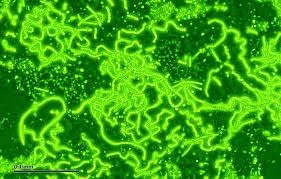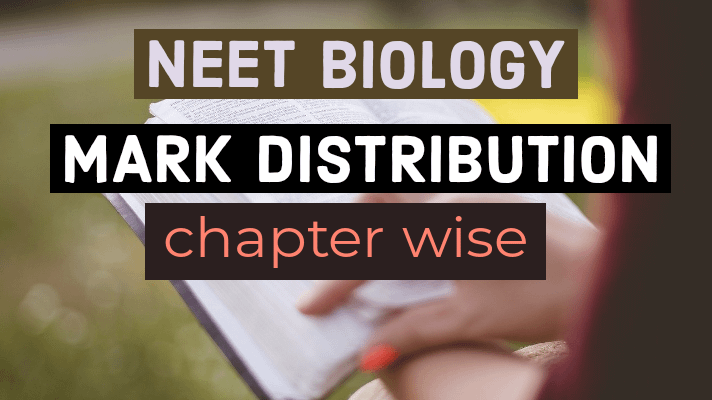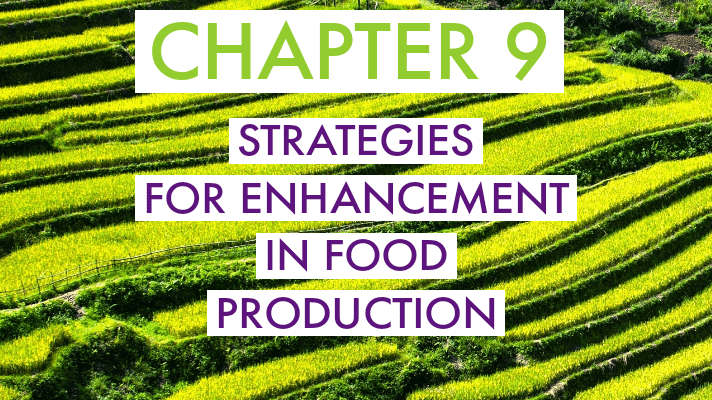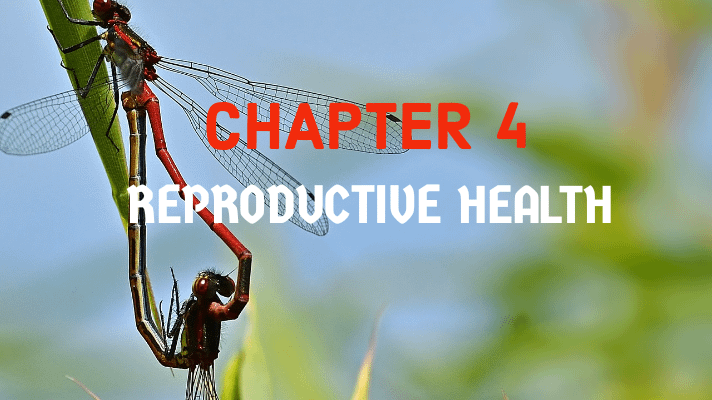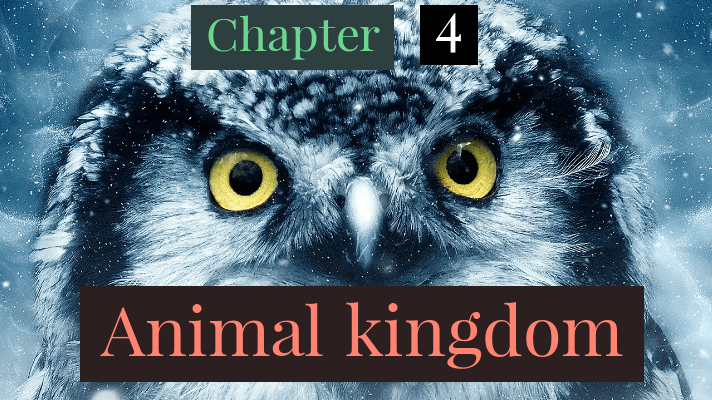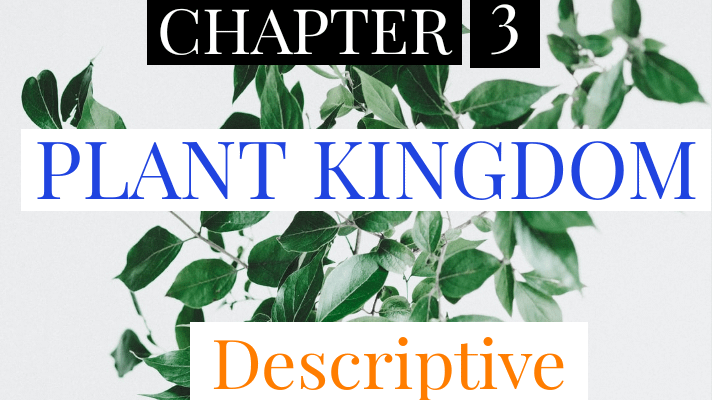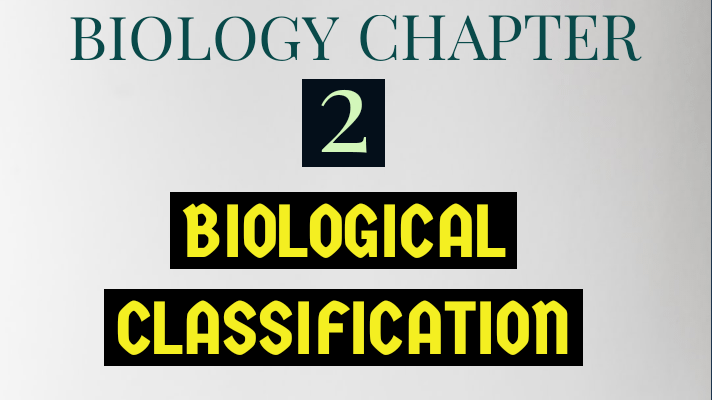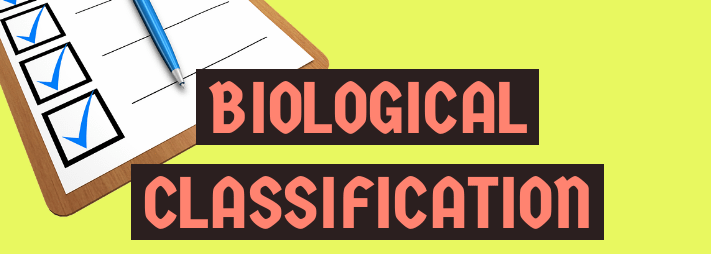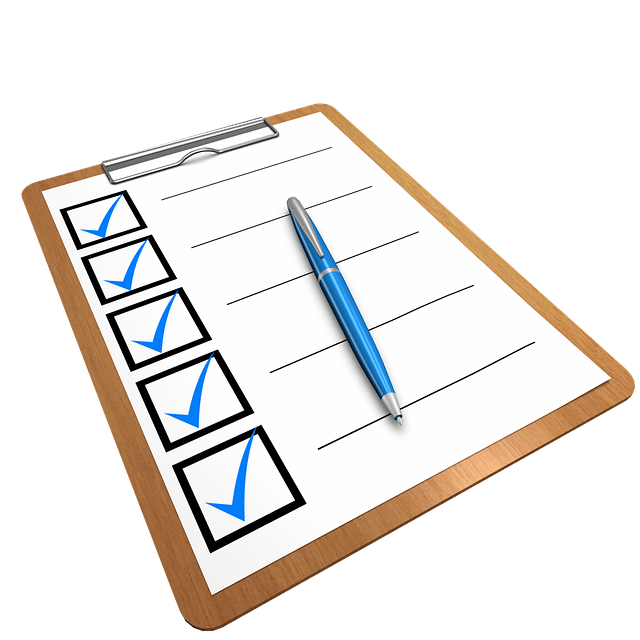HIGHER SECONDARY
HIGHER SECONDARY
Schools and colleges are runby the government, private trusts, or individuals. Each school is affiliated with either the ICSE or CBSE , KERALA STATE EDUCATION BOARD or any other state board.Most private schools using english as medium for language in kerala, while government run schools offer English or Malayalam as the medium Government-run schools in the districts bordering Karnataka and Tamil Nadu also offer instruction in Kannada or Tamil languages. In government schools some languages are also using as second language like Malayalam or Tamil or Kannada or Sanskrit or Urdu or Hindi. After 10 years of secondary schooling SSLC students can select higher secondary education or vocational higher secondary diploma or iti..Etc.There are mainly three streams are available for higher secondary,which are science, commerce, and humanities. After completing 2 year known as plus one and plus two, students can enroll in general or professional degree programme. Kerala became the 1st Indian state to achieve 100% primary education through its literacy programme Athulyam. In science stream variety of combination of subjects available which listed below. 1 Physics, Chemistry, Mathematics, Biology 2 Physics, Chemistry, Home Science, Biology 3 Physics, Chemistry, Mathematics, Home Science 4 Physics, Chemistry, Mathematics, Geology 5 Physics, Chemistry, Mathematics, Computer Science 6 Physics, Chemistry, Mathematics, Electronics 7 Physics, Chemistry, Computer Science, Geology 8 Physics, Chemistry, Mathematics, Statistics 9 Physics, Chemistry, Psychology, Biology In commerce stream subjects combinations available are 1.Business Studies, Accountancy, Economics, Maths 2.Business Studies, Accountancy, Economics, Statistics 3 Business Studies, Accountancy, Economics, Politics 4 Business Studies, Accountancy, Economics, Computer Application In humanities stream subjects combinations are 1 History, Economics, Politics, Geography 2 History, Economics, Politics, Sociology 3 History, Economics, Politics, Geology 4 History, Economics, Politics, Gandhian Studies 5 History, Economics, Politics, Philosophy 6 History, Economics, Politics, Social Work 7 Islamic History, Economics, Politics, Geography 8 Islamic History, Economics, Politics, Sociology 9 Sociology, Social Work, Psychology, Gandhian Studies 10 History, Economics, Politics, Pshychology 11 History, Economics, Politics, Anthropology 12 History, Economics, Politics, Statistics 13 Sociology, Social Work, Psychology, Statistics 14 Economics, Statistics, Anthropology, Social Work 15 History, Economics, Geography, Hindi 16 History, Economics, Geography, Arabic 17 History, Economics, Geography, Urdu 18 History, Economics, Geography, Kannada 19 History, Economics, Geography, Tamil 20 History, Economics, Sanskrit Sahitya, Sanskrit Sasthra 21 History,Philosophy, Sanskrit Sahitya, Sanskrit Sasthra 22 Economics, Gandhian Studies, Communication English, Computer Application 23 Sociology, Journalism, Communicative English, Computer Application 24 Journalism, English Literature, Communicative English, Psychology 25 History, Economics, Politics, Music 26 History, Economics, Geography, Malayalam India has three national boards CBSE,ICSE,NIOS and other state boards which conduct board examinations for students in classes 10th, 11th ,12th. School education in India is provided by various academic boards with their presence at national and state wide.They conduct board examinations for students studying in classes 10th and 12th. CBSE conducts board exams for 10th and 12th classes in February/March every year. The Board conducts examinations for regular as well as private students. CBSE offers various subjects to its students after class 10th in Science, Commerce and Humanities stream. After completing class 12th, students can apply for admission to various colleges/universities to pursue degree. Some of the national level entrance exams conducted by CBSE are,Jawahar Navodaya Vidyalaya Selection Test (JNVST), Central Teacher Eligibility Test (CTET), etc. CISCE is a privately held national-level board of school education in India that conducts the Indian Certificate of Secondary Education (ICSE) and the Indian School Certificate (ISC) examinations for Class 10th and Class 12th respectively. It was established in 1958-

MICROBES IN HUMAN WELFARE:CHAPTER10
Microbes in human welfare,chapter10, is one of important chapter for many examination like neet,board,afmc.etc,we are providing pdf,video,notes…etc about this chapter…
Read More » -

STRATEGIES FOR ENHANCEMENT,IN FOOD PRODUCTION;REVISION NOTES
In this section we are dealing with descriptive revision notes of chapter STRATEGIES FOR ENHANCEMENT,IN FOOD PRODUCTION chapter chapter chapter…
Read More » -

Reproductive Health – Revision notes
In this chapter we deals with important descriptive revision notes of REPRODUCTIVE HEALTH,for helping students prepare for neet,board examinations pdf…
Read More » -

Biology Class11;Animal Kingdom Revision Notes
In this chapter biology class11 about animal kingdom,one of the important topics of NEET,board examination in simplified forms NOTES OF…
Read More » -

BIOLOGY CLASS11-PLANT KINGDOM Revision Notes
In this section we deals with plant kingdom,biology class11 notes in descriptive form ✅In this chapter, we will describe about…
Read More » -

Biological classification important notes
biological classification,2nd chapter biology plus one text NCERT.It is an improvement topic for NEET,AFMC,JIPMER,BOARD EXAMS.In this chapter we primarly studying…
Read More » -

Important NEET model questions asked from biological classification
Which of the following are found in extremesaline conditions?(a) Bubacteria (b) Cyanobacteria(c) Mycobacteria (a) Archaebacteria( 2017)Viroids differ from viruses in…
Read More » -

IMPORTANT NEET POINTS FROM-THE LIVING WORLD
In this video we explaining THE LIVING WORLD in simplified manner for NEET ASPIRANTS NOTES PDF QUESTIONS NEET NEET NTA…
Read More » -

Important questions from THE LIVING WORLD
NOTES PDF QUESTIONS NEET Linnaeus system of classification is? [1999](a) Natural (b) Artificial(c) Phylogenetic (d) ProgressiveThe basic unit of classification…
Read More »

